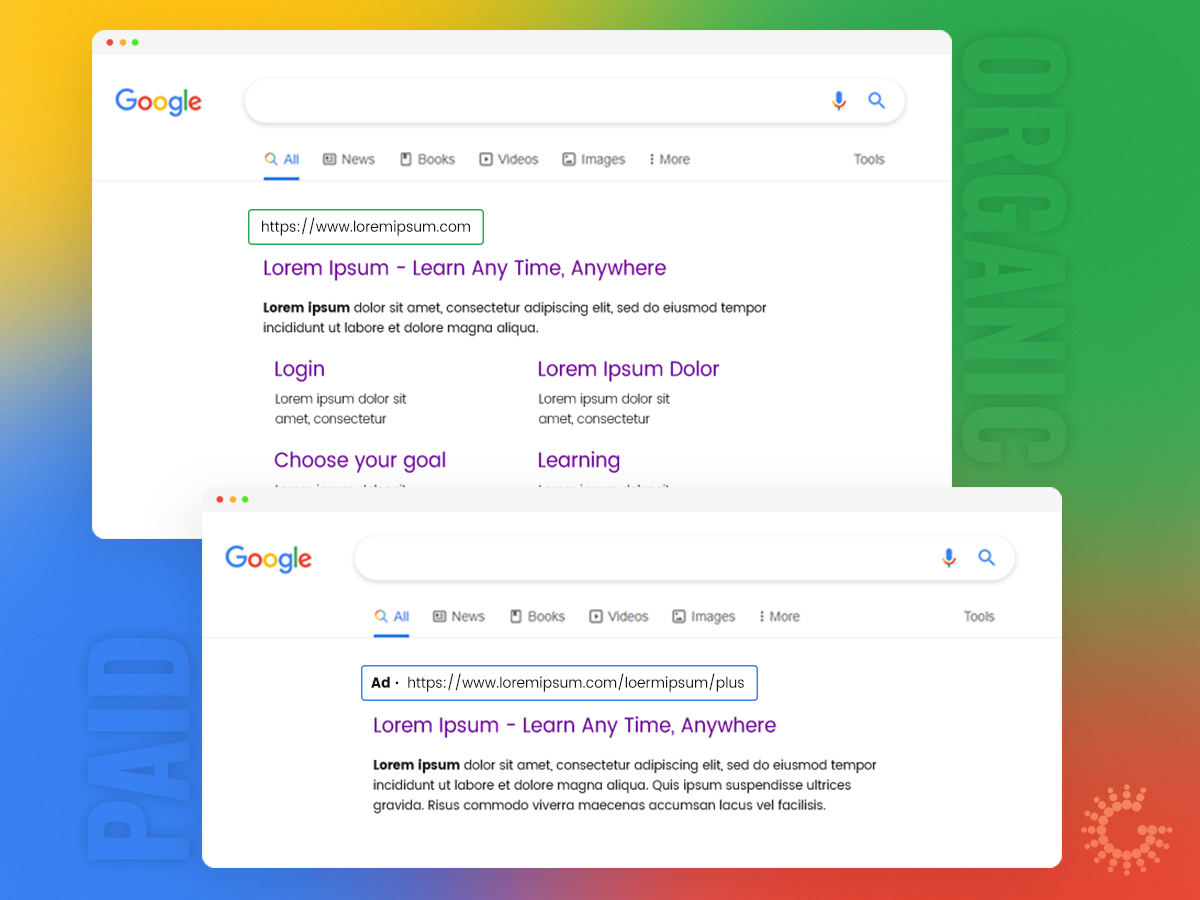Data is being acquired at an astounding rate in today’s digital environment, and it is critical to the success of digital marketing operations. Your digital footprint — a trail of data that is the world’s most valuable resource — is created by the videos you watch, the websites you browse, the places you travel, and the photos you submit to social media.
What Is Data Privacy in the digital world?
Privacy refers to the ability of consumers to determine how third-party organizations are using their personal data. Keep in mind that personal information includes, but is not limited to:
- Identifiable details – date of birth, IP address, social security number, driver’s license number
- Personal contact information – phone number, name, email address, and home address.
- Usage details – tracking cookies, websites, and prior visits.
- Financial information – bank account numbers, credit card numbers.
And though this is a simplified list of a few elements that come under your digital privacy, it should give you a good idea of the kind of data companies use in one form or another for marketing analytics.
How do Data Privacy laws affect digital marketing?
Consumers are more conscious of their personal data than they have ever been. As a result, customers now expect businesses to collect and use data conscientiously and responsibly. As more consumers become concerned about the unlawful use of personal information by digital marketers, laws, and regulations governing this type of consumer data are becoming more commonplace. As a result, more online advertisers will need to be aware of what they can and cannot do to protect personal information.
Specifically speaking, there are two critical pieces of legislation that you need to keep in mind.
- The California Consumer Privacy Act (CCPA)
- The EU’s General Data Protection Regulation (GDPR)
Both of these criteria govern how businesses acquire data and provide people the option to opt-out at any time. They were also the first to give guidelines for how website owners should treat users from specific geographic areas, such as the state of California or the European Union. While data regulation regulations impose limitations on how businesses handle customer data, they do not necessarily limit marketers.
The New Era of Data Protection limits digital marketers.
All of these significant shifts indicate one thing: the growth of individual marketing and greater dependence on the substance. Professional marketers only need to be concerned about three things: data permission, data access, and data focus. Simply put, digital marketing’s limits will have to shift from depending on data and analytics to a better overall message that resonates with a large audience. Google believes that the best way you can balance privacy protection and data-driven marketing is by:
- Collecting data responsibly
- Use different methods to reach out to different audiences
- Hire and train for privacy
Takeaway
Data is crucial to digital marketing, and while data regulation rules have imposed some constraints on how digital marketing organizations should manage client data, this does not always limit marketers. All you have to do is make sure that your consumer data is collected, processed, and stored according to these rules. Furthermore, you must periodically examine your data security procedures to ensure that all criteria are met.














